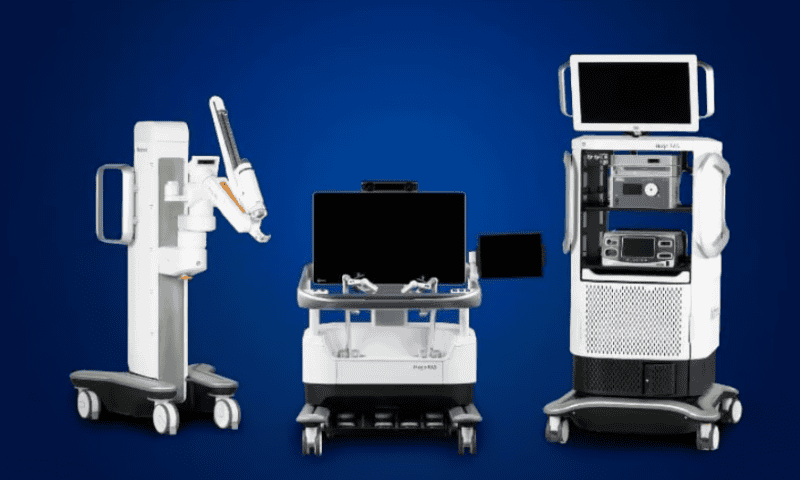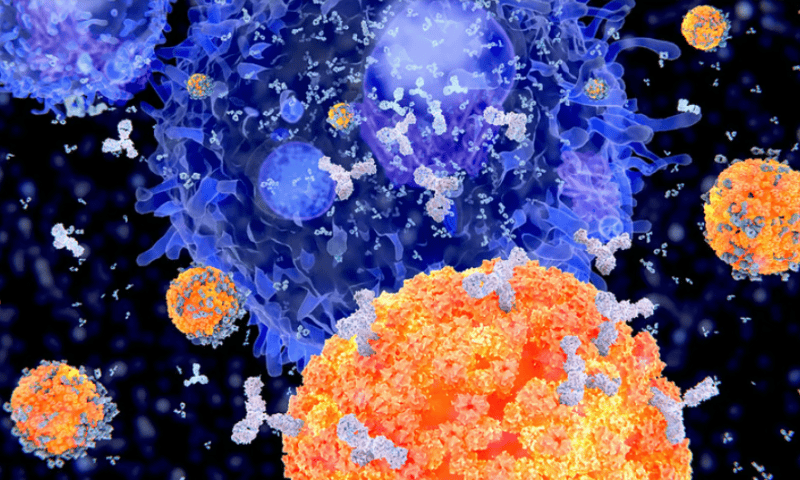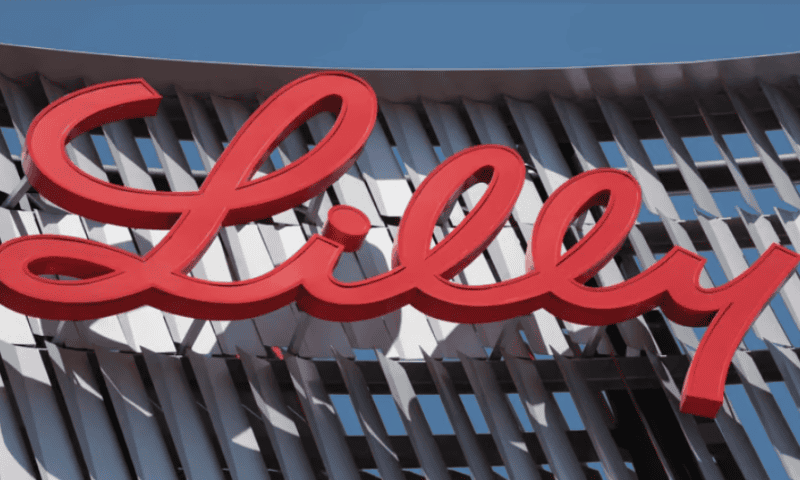‘Cooking with gas’: Regeneron sees its Opdualag rival as next big thing for treating solid tumors
Regeneron is back with long-term follow-up for its LAG-3 inhibitor and PD-1 inhibitor combo in advanced melanoma, phase 1 findings that have prompted the company to launch four phase 3 programs with the intent to rival Bristol Myers Squibb’s approved Opdualag.




















